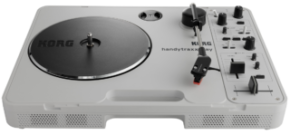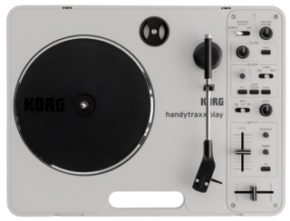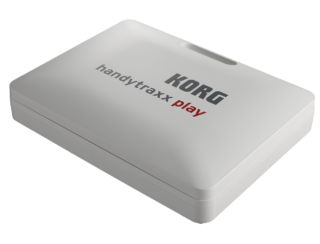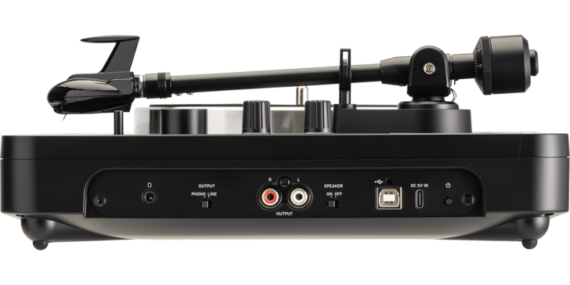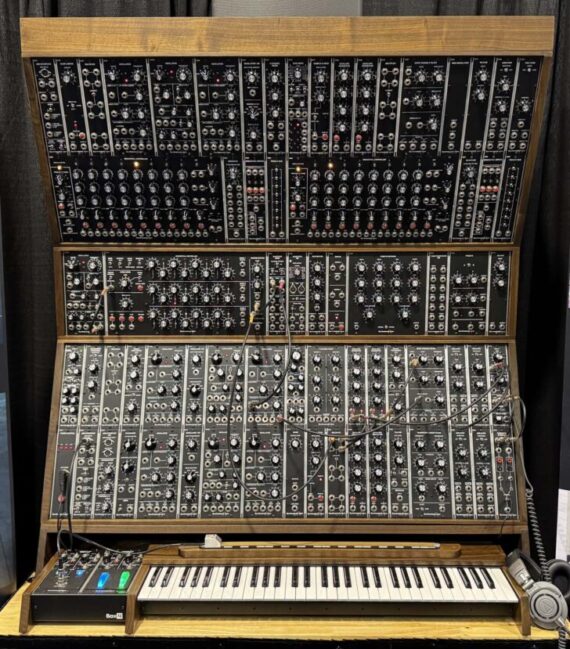Rhodes Music Introduces MIDI MK8 System With Polyphonic Aftertouch
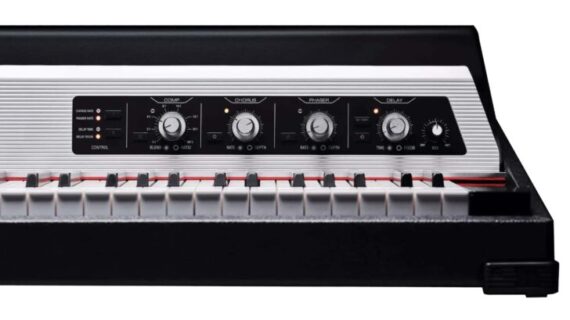
At the 2025 NAMM Show, Rhodes Music announced the MIDI MK8, a powerful MIDI system for its MK8 electromechanical piano.
The fully integrated, touchless solution expands the capabilities of the iconic instrument, letting you use it to control MIDI instruments, and even to add expression with polyphonic aftertouch.
“After two years of painstaking research and development, we’re proud to present a first-in-class MIDI system that seamlessly integrates with the Rhodes MK8 piano,” said Dan Goldman, Product Manager at Rhodes. “We’ve gone to great lengths to ensure we deliver a fully optimized, noise-free solution that enhances the Rhodes experience while preserving the piano’s signature touch and feel.”
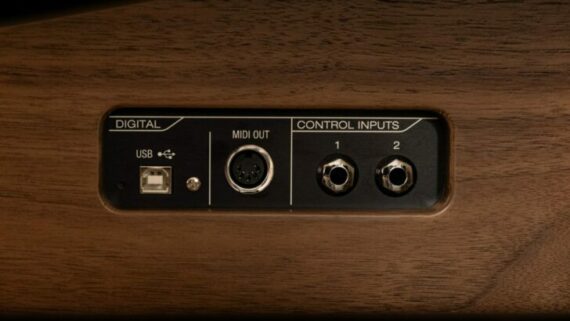
At the core of the MIDI MK8 is Rhodes’ proprietary MIDI sensing technology, which ensures zero interference with the feel of the MK8’s Steinway-designed Kluge keybed. This system transforms the MK8 into a MIDI controller, without changing the instrument’s touch and playability.
This means that you can use the MIDI MK8 to control other hardware synths and virtual instruments, whether layering the Rhodes sound with a synth pad or using the MK8’s onboard effect knobs to adjust settings of a hardware synth.
The MIDI MK8 also features polyphonic aftertouch, which lets you shape dynamics, modulation, and other parameters independently for each note.
“This is our own system, developed in-house in collaboration with industry experts and fully integrated with our piano,” Goldman added. “Just like the MK8’s effects, it’s optimized for the Rhodes by Rhodes, preserving the signature experience while offering unmatched versatility for musicians. With the inclusion of advanced features like high-resolution polyphonic aftertouch, the MIDI MK8 represents a major leap forward in MIDI technology.”
Here’s a live performance demo, featuring Dan Goldman on the MK8 & Errol Rollins on drums:
Features:
- Proprietary MIDI Sensing Technology: Ensures zero interference with the Steinway-designed Kluge keybed, preserving the touch and feel of the MK8.
- High-Resolution Polyphonic Aftertouch: Allows independent control over each note’s dynamics and modulation for nuanced, expressive performances.
- Channel Aftertouch Support: Offers global pressure modulation for all notes being played.
- Dynamic Key Monitoring: Continuous, high-resolution tracking of key positions ensures precise control and expression.
- Onboard Effects Control: Enables MIDI implementation of over 30 MK8 parameters, including preamp and effects settings, for integration with DAWs and MIDI hardware.
- Damper Pedal Integration: Features an optical damper pedal sensor with multiple sustain modes for enhanced playability.
- USB MIDI In/Out: For integration with modern hardware and software setups.
- DIN MIDI Out: Provides compatibility with traditional MIDI devices.
- Noise-Free Design: Fully isolated electronics eliminate noise, ground loops, and interference when connecting to multiple devices in studio or live settings.
- Firmware Expandability: Capabilities are extendable through firmware updates, ensuring adaptability to future advancements.
Note: While the MK8, as an electromechanical piano, cannot generate sound from incoming MIDI data, it can receive MIDI information to control its onboard parameters. For instance, you can program automation data in a DAW — such as adjusting effects like chorus or delay — and send it to the MK8, allowing its effects to shift dynamically in real time during a performance.
The MIDI MK8 is available now as a factory-installed option for the Rhodes MK8 piano, with an introductory pricing of $1,295 / £995 / €1,195 through April 1st, 2025. The regular price is $1,695 / £1,295 / €1,495 . An update option for existing MK8 owners is expected to be available later this year.
